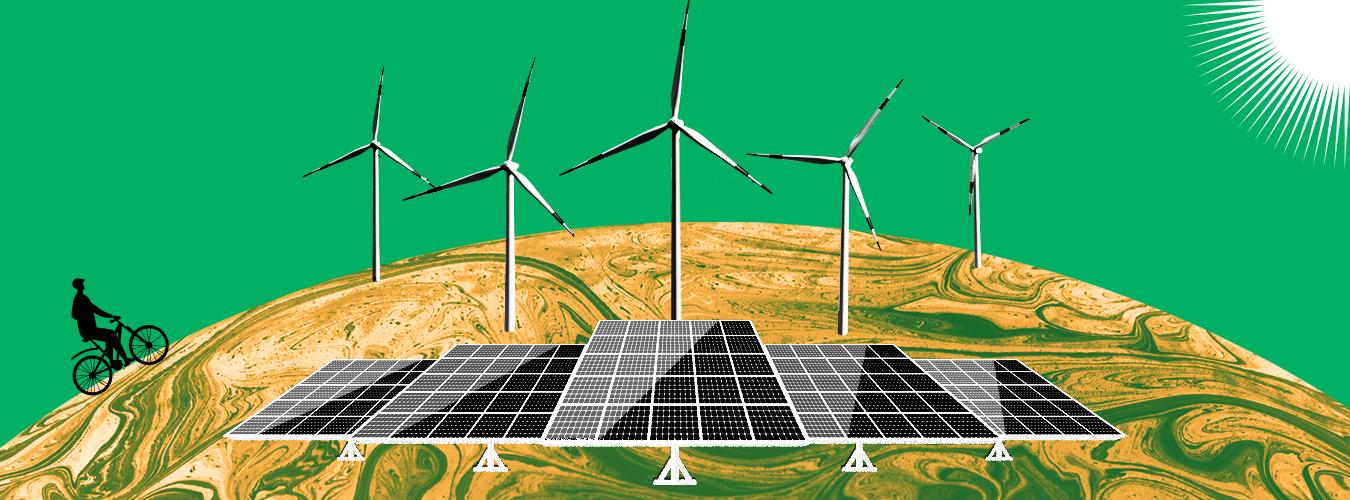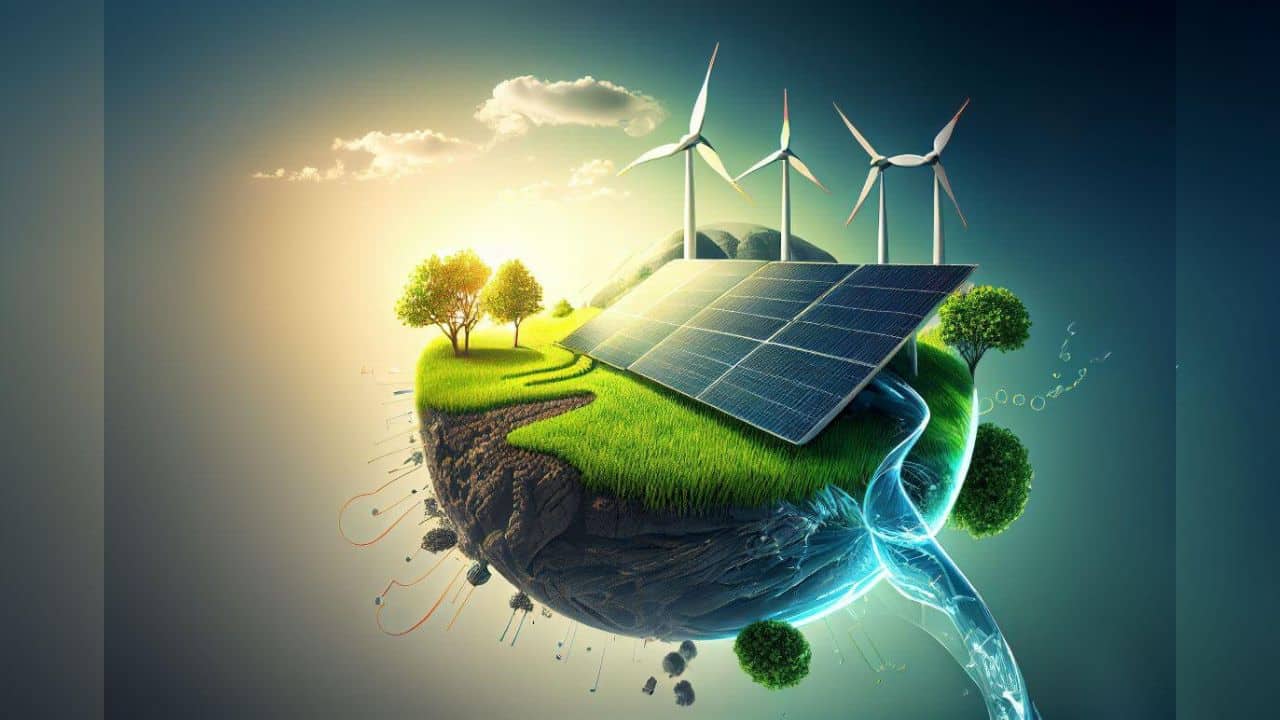.


.



Clean energy is important for the environment because it reduces greenhouse gas emissions that cause global warming and climate change. Climate change is a serious threat to the planet and its biodiversity, as it can lead to extreme weather events, sea level rise, melting glaciers, desertification, water scarcity, food insecurity, migration, conflicts and diseases. Clean energy also helps to conserve natural resources and protect ecosystems from pollution, degradation and destruction. Fossil fuels, such as coal, oil and gas, are finite and non-renewable sources of energy that have negative impacts on the environment. They can cause air pollution, acid rain, oil spills, deforestation, land degradation, water contamination and loss of biodiversity. By switching to clean energy sources, we can reduce our dependence on fossil fuels and preserve the environment for future generations. Clean energy can also provide multiple benefits for human health, social equity and economic development.
Renewable energy is important for the environment because it can help to reduce greenhouse gas emissions, conserve natural resources, and protect ecosystems from pollution and degradation. Some of the environmental benefits of renewable energy are:
Renewable energy sources, such as solar, wind, hydropower, geothermal and biofuels, produce little to no global warming emissions on a life-cycle basis, unlike fossil fuels such as coal, oil and gas. This can help to mitigate climate change and its impacts on people and nature.
Renewable energy sources do not require the combustion of fuels, which can cause air pollution, acid rain, oil spills, deforestation, land degradation, water contamination and loss of biodiversity. This can improve public health and environmental quality.
Renewable energy sources are inexhaustible and can provide a reliable and affordable supply of electricity for all. This can reduce dependence on imported fuels and enhance energy security.
Renewable energy sources can create economic development and jobs in manufacturing, installation, operation and maintenance of renewable energy technologies. This can stimulate innovation and competitiveness in the energy sector.
Renewable energy is not only a cleaner alternative to fossil fuels, but also a safer future for the planet and its inhabitants. As the United Nations states, "Cheap electricity from renewable sources could provide 65 percent of the world’s total electricity supply by 2030. It could decarbonize 90 percent of the power sector by 2050, massively cutting carbon emissions and helping to mitigate climate change".
